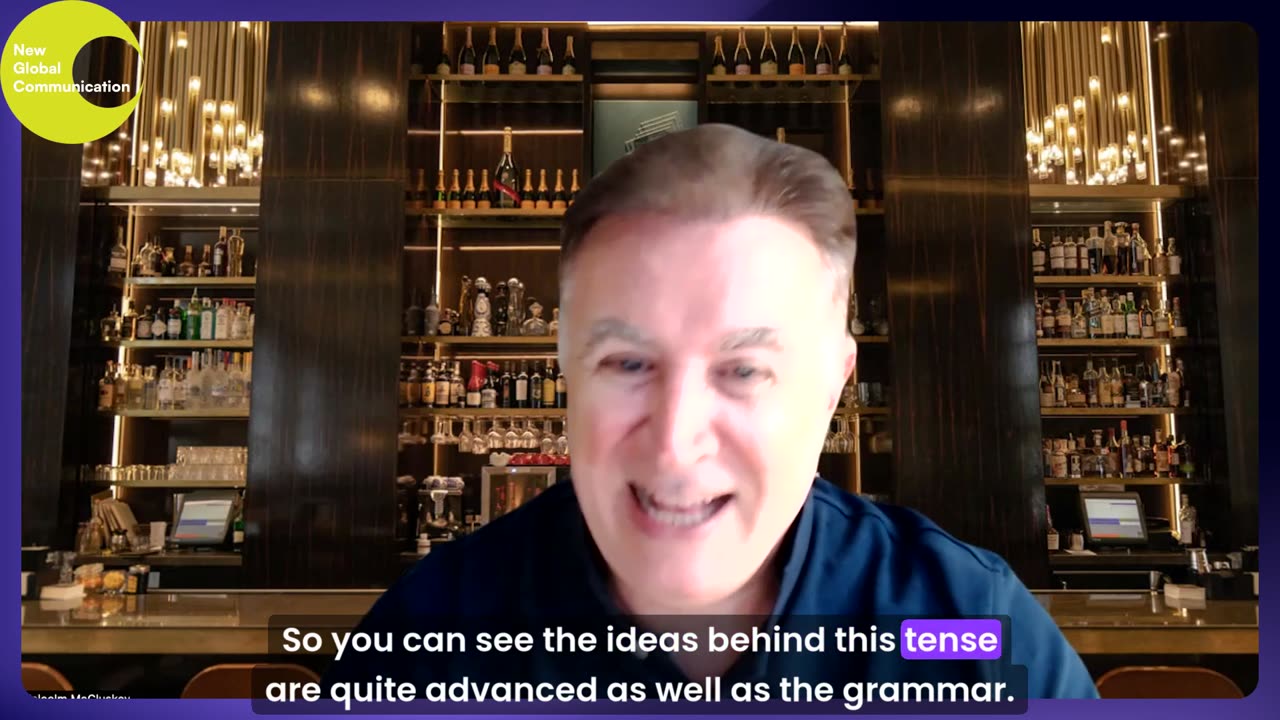Premium Only Content

Biggest Mistakes With The Future Perfect!
The Future Perfect tense is often misunderstood or misused due to its specific structure and usage. Here are some common mistakes people make with this tense:
Confusion with Future Simple:
Mistake: Using "will" + verb instead of "will have" + past participle.
Correct: "By next month, I will have completed the project."
Incorrect: "By next month, I will complete the project."
Mixing with Present Perfect:
Mistake: Using "have" + past participle without "will".
Correct: "By the end of this year, we will have visited all the states."
Incorrect: "By the end of this year, we have visited all the states."
Neglecting Time Reference:
Mistake: Omitting a time reference that indicates completion by a certain point in the future.
Correct: "She will have finished her exam by 3 PM."
Incorrect: "She will have finished her exam."
Incorrect Formation of Past Participles:
Mistake: Using the wrong form of the past participle.
Correct: "He will have gone to the store."
Incorrect: "He will have went to the store."
Overgeneralization:
Mistake: Using Future Perfect when Future Simple or another tense would be more appropriate.
Correct: "I will see you tomorrow." (Future Simple)
Incorrect: "I will have seen you tomorrow."
Double Will:
Mistake: Adding "will" before the main verb instead of before "have".
Correct: "They will have eaten dinner by then."
Incorrect: "They will eat dinner by then."
Misunderstanding of Completion:
Mistake: Using Future Perfect for actions that are not expected to be completed by a specific time.
Correct: "By the time you arrive, I will be cooking dinner." (Future Continuous might be more appropriate here if dinner isn't expected to be fully cooked by arrival.)
Incorrect: "By the time you arrive, I will have cooking dinner."
Lack of Passive Voice Knowledge:
Mistake: Not knowing how to form the passive voice in Future Perfect.
Correct: "The report will have been completed by tomorrow."
Incorrect: "The report will have completed by tomorrow."
Understanding that the Future Perfect tense is used to talk about actions or events that will be completed before a certain point in the future can help avoid these mistakes. It's crucial to always pair this tense with a time reference indicating when the action will be completed.
-
 3:55:42
3:55:42
STARM1X16
4 hours agoMerry Christmas Fortnite
9.95K1 -
 2:45:33
2:45:33
Sgtfinesse
4 hours agoMerry Christmas Night
21.6K5 -
 LIVE
LIVE
tacetmort3m
20 hours ago🔴 LIVE - (MERRY CHRISTMAS) TIME TO SPREAD DEMOCRACY - HELLDIVERS 2 OMENS OF TYRANNY
55 watching -
 12:42
12:42
Cooking with Gruel
19 hours agoBrown Butter Trifle with Salted Caramel and Cinnamon Apple
5.49K2 -
 2:46
2:46
BIG NEM
7 hours agoDiscovering RAKIJA: The Holy Liquer of the Balkans
4.03K2 -
 1:11:38
1:11:38
Film Threat
12 hours agoCHRISTMAS DAY CHILL STREAM WITH CHRIS GORE | Hollywood on the Rocks
127K24 -
 14:22:40
14:22:40
The Quartering
1 day agoYule Log Christmas MAGA Edition With Memes! Come Hang Out!
218K29 -
 38:41
38:41
MYLUNCHBREAK CHANNEL PAGE
1 day agoTimeline Begins in 1800? - Pt 1 & 2
98.7K50 -
 1:23:41
1:23:41
Game On!
1 day ago $2.30 earnedNetflix NFL Christmas Games Preview and Predictions!
87.6K14 -
 2:05:07
2:05:07
Darkhorse Podcast
1 day agoWhy Trump Wants Greenland: The 257th Evolutionary Lens with Bret Weinstein and Heather Heying
316K729